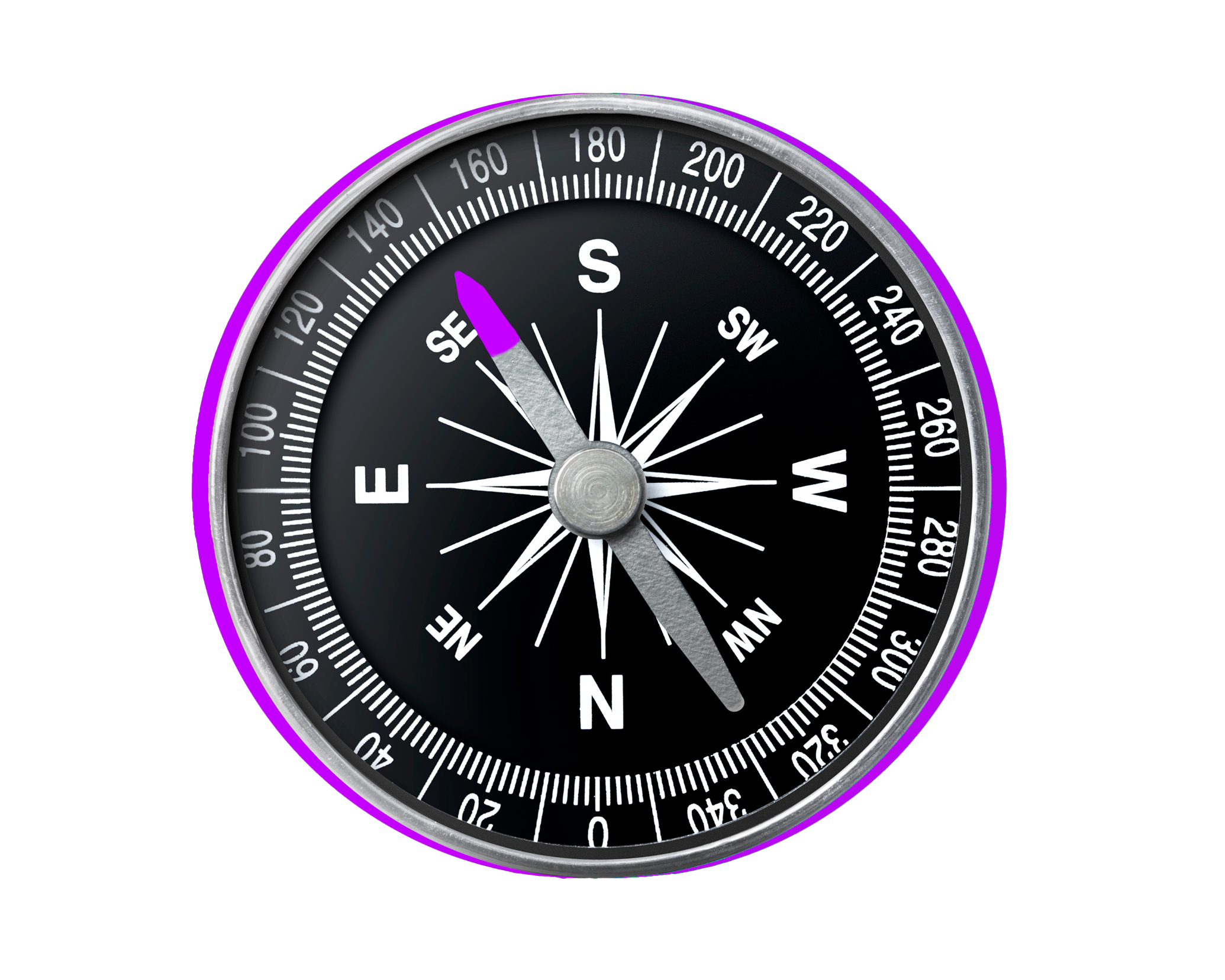Rethinking audit—Part 2: Why is audit important?
Businesses today are operating in a rapidly changing landscape—one that’s broadening the needs of stakeholders when it comes to independent assurance. We’ve partnered with Jo Rhoden an independent consultant in strategy, design, and innovation, with a focus on the future of professional services. Drawing on her wealth of audit expertise, Jo’s blog series will explore an important question for firms: Is it time to rethink the purpose and scope of the external audit?
The series will examine:
- Who values audit?
- Why is audit important?
- How will audit delivery change?
- What value can audit bring?
Part 2: Why is external audit important in the business and economic ecosystem?
There is a short answer to this question: Trust.
The longer story really goes back to the important market need to protect the investing public. This is illustrated well by William Welch Deloitte. After becoming an assignee to the Bankruptcy Court at aged 15, he later set up his own accounting offices opposite the court and became the first independent auditor of the Great Western Railway in 1849. The benefit to investors of an independent audit was: “Scrutinising, continuous and complete, conducted by persons wholly unconnected with, and independent of, directors and officers […] required to report their opinions freely and unreservedly,” the Great Western Railway stated in a directors’ report.
Independence lies at the heart of the value brought by the external auditor. The independent opinion is an enabler of trust and helps to oil the cogs of the financial and business ecosystem. Sometimes potential investors require an audit of companies below the mandatory audit threshold before agreeing to invest in order to get additional assurance over their potential investment.
In a perfect world, where no mistakes are made, systems are simple, and accounting always truthful, perhaps audits would not be needed. However, the business, political, and social environments that we operate in are increasing in complexity, geopolitical instability, global connectivity, and speed of change. This is likely the new normal. It is also where the independent view can be truly valuable, helping to see what is happening from a context outside of the organisation, yet still providing the experience and perspective of the system-wide changes that are impacting it both in the present and those coming down the line.
In this environment we will need—more than ever—people who can give a robust, professional view on whether that organisation can weather the stresses that the operating environment is putting upon it and whether the reporting and perspective presented by management can be relied upon.
Keeping up with evolutions of value
There is an opportunity here for external auditors to step ahead of regulation and standard setting. The external audit profession could embrace its own identity and strengthen its articulation of the value it delivers to society. It could develop a vision for its own future and then a roadmap to get there.
This is even more important today, because how external audits are conducted will certainly change, something discussed in part three of this series. GenAI is just the current edge of technology. If Artificial General Intelligence (AGI)1 becomes pervasive and technology can perform with the mastery of expert humans, then an external audit will be delivered completely differently, through system-to-system interrogation, AI/AGI documentation and external data validation. (This is just an idea of what it could be, but undoubtedly, it would be very different to the current state.) It will also need to encompass the audit of the underlying technology itself, the algorithms in operation, and even the AI/AGI logic of the system itself.
As explored in the previous article, stakeholders want wider perspectives on the trustworthiness of companies, and so the remit of the audit has huge potential to expand and build that trusted opinion into growing areas of reporting such as ESG and more. Trust will be needed at the far edges of stakeholder requirements and standard developments that have not yet been envisioned. Reporting and regulation are evolving, and there is a chance for the role of the external auditor to evolve with them.
Articulating the “why” of audit
Instead of assuming that machines will conduct audits (which throws open its own questions around liability and whether the system itself can be held accountable), auditors should be very clear about why their involvement is crucial. Our world is one of increased complexity, uncertainty over what can be verified as true, and increasingly threatened by deep fakes. That means the value of the external auditor is greater than ever. In this environment, trust is a powerful force.
So what is the vision for the future of the profession and the role of the external auditor? There is potential here to build a very attractive profession with longevity—but it must be articulated proactively. We need a clear career pathway that keeps pace with business, technology, and society, not one that is simply responsive to incoming regulations and standards.
The market power of trust
Since William Welch Deloitte’s first audit opinion in 1849, company structures and associated regulation have evolved. Auditing and accounting standards have also developed and (largely) internationalised. Wider society has called for more accountability and social responsibility from corporations. As our understanding of the interconnectedness of the world increases, so too does society’s call for a company to be held accountable for its impact on the world. What’s more, brand value is increasingly important as rapid global connectivity means a company’s reputation can be lost in the time it takes to post on social media. Within this environment, brands can compete not only based on the story they tell, but, crucially, on the truth they can validate.
At this time of accelerating change, the external auditor can step forward to provide trust in the midst of uncertainty. Trust remains the Rosetta stone that enables business and society to translate the chaos and move forward. This is the time for the profession to step forward with a compelling vision of a future of trust that is better for all.
About Jo
Jo Rhoden is a Fellow of the Institute of Chartered Accountants in England and Wales. She began her career in London in audit and consulting before moving to Sydney, where she focused on fast-growing technology and biotechnology companies, including audit and due diligence for venture capital firms. Moving to a Big Four firm, she helped transform the audit process by integrating innovation, data, digital, and design techniques, building a team of “audit designers” to enhance client experiences and later leading this work globally through a client experience programme. Jo also led brand strategy and developed a Global Audit Committee programme addressing major market-facing issues. She currently serves as Chair of the Audit and Risk Assurance Committee at the University of Bath and works as an independent consultant in strategy, design, and innovation, with a focus on the future of professional services.
Source’s audit research
Learn more about Source’s research into the future of audit here, or contact us.


